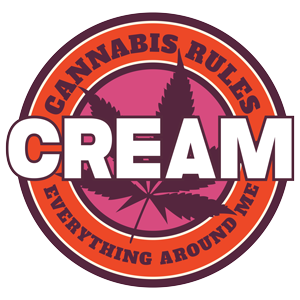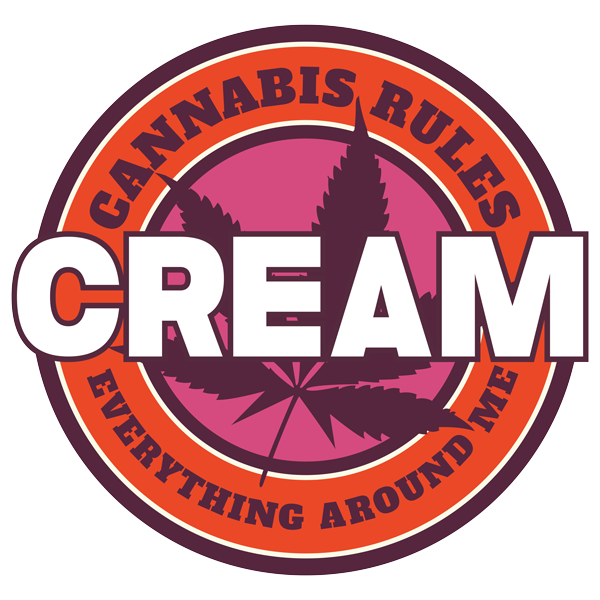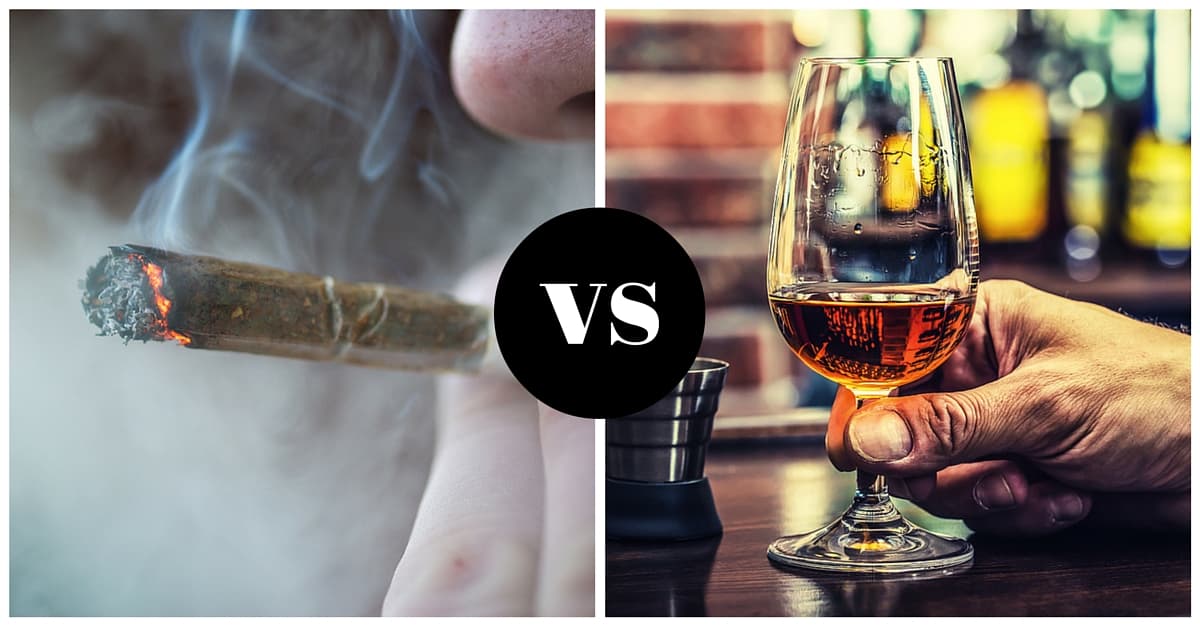In recent years, a significant shift has emerged in states where cannabis is legal: many individuals are choosing marijuana over alcohol as their preferred daily substance. This trend reflects changing perceptions of cannabis, increased awareness of alcohol’s health risks, and broader societal movements toward wellness and harm reduction.
Rising Cannabis Use and Declining Alcohol Consumption
The prevalence of daily cannabis use in the United States has seen a remarkable increase. In 1992, fewer than 1 million individuals reported using marijuana daily or nearly every day. By 2022, this number had surged to 17.7 million. Concurrently, the number of daily or near-daily alcohol consumers has remained relatively stable, leading to a crossover point where more Americans are using cannabis daily than alcohol.
Health Considerations and the Appeal of Cannabis
Growing awareness of alcohol’s health risks has prompted many to seek alternatives. Alcohol consumption is associated with various health issues, including liver disease, high blood pressure, and an increased risk of certain cancers. In contrast, while not without its own risks, cannabis is often perceived as a less harmful option. Users frequently report fewer adverse effects, such as hangovers, and appreciate the absence of certain negative consequences associated with alcohol consumption.
The Emergence of Cannabis-Infused Beverages
The market has responded to this shift with an array of cannabis-infused beverages, offering consumers alternatives to traditional alcoholic drinks. Brands like Cann and Stiiizy have introduced products that blend THC and CBD, providing effects similar to alcohol without some of its downsides. These beverages are gaining popularity, particularly among those seeking relaxation and social engagement without the impairments associated with alcohol. citeturn0news13
The ‘Cali Sober’ Lifestyle
A cultural movement known as “Cali Sober” has also gained traction, especially in regions like Southern California. Adherents of this lifestyle abstain from alcohol but permit the use of cannabis and, in some cases, psychedelics. This approach reflects a desire to maintain social rituals and relaxation practices while minimizing the health risks linked to alcohol consumption.
Substitution Effect: Cannabis Replacing Alcohol
Surveys indicate a notable substitution effect, with many individuals reducing or eliminating alcohol intake in favor of cannabis. A poll conducted by the cannabis telehealth platform NuggMD found that 54% of marijuana consumers reported drinking less alcohol or none at all after using cannabis. This trend suggests that cannabis serves as a viable alternative for those aiming to decrease alcohol consumption.
The increasing replacement of alcohol with cannabis in states where it is legal underscores a broader shift toward alternative substances perceived as healthier or less harmful. While this trend offers potential benefits, including reduced alcohol-related health risks, it also necessitates ongoing research into the long-term effects of regular cannabis use. As societal attitudes continue to evolve, individuals are encouraged to make informed choices that align with their health and wellness goals.






